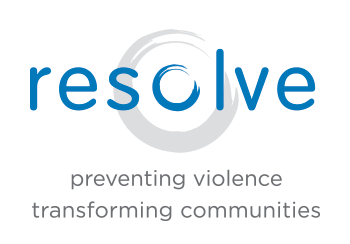“It was so great to have men in this class – here I am, a 68-year-old woman, thinking I’m the one who’s got stuff to be worried about, but they are struggling with this stuff too.”
– 4-Hour Workshop Participant
Just as the student above describes, I love teaching mixed-gender and mixed-age classes because through seeing the different situations role-played in class, students learn just that: we all have our challenges.
From a young age, many girls are still taught that they are more fragile or less able to do things than their male counterparts. They eventually learn that they must watch their drinks, cannot go on walks alone, or that the road trip that their brother goes on is forbidden for them when they reach the same age.
For women growing up in this context, discovering that men are not impervious to threat and not invulnerable can be a revelation. This discovery can have profound implications for our beliefs about our own vulnerability and ability to defend ourselves.
It’s the reason I believe our mixed gender classes are becoming more popular for men and for women. Women, while learning to protect themselves, learn about the situations that men face. Men, while learning to protect themselves, learn more about the depth to which violence affects most women’s lives.
If you’re a woman, consider taking a moment to talk with your friends, father/brothers, or boyfriend/husband. Ask them if anyone has become fearful of them or aggressive with them – without any intentional provocation on their part – simply because they were men and viewed as potentially violent. See if you can get them to honestly tell you about situations they’ve faced and the fear they felt.
If you’re a man, consider sharing these little-revealed vulnerabilities for the benefit of the women in your life. Also, consider sharing with other men and younger generations that though you may deal with a situation quite capably that you still do feel fear and adrenaline, that you still experience that vulnerability. Lifting the veil and acknowledging this helps everyone by normalizing the experience and letting others know that though it never goes away, there are ways to prepare.
